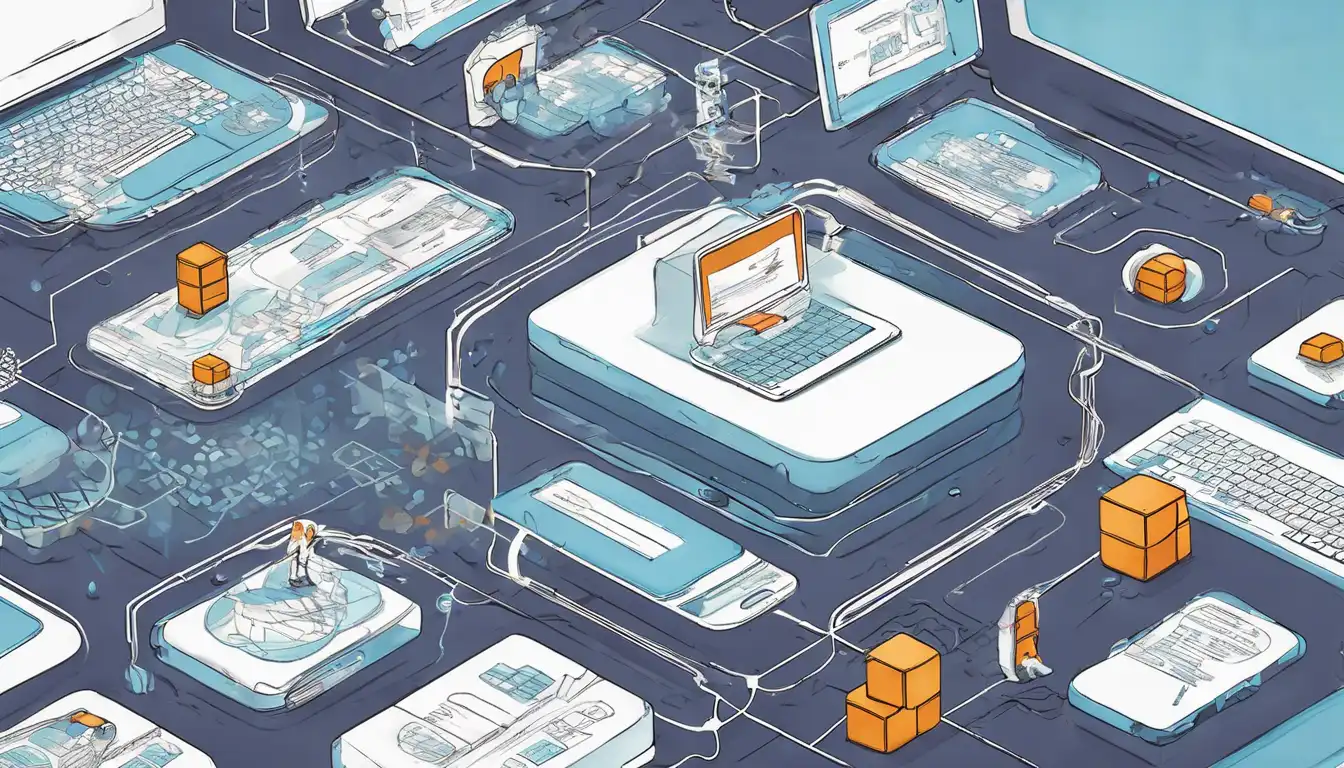What is Blockchain?
Blockchain technology is a decentralized digital ledger that records transactions across many computers in such a way that the registered transactions cannot be altered retroactively. This technology is the backbone of cryptocurrencies like Bitcoin, but its potential applications extend far beyond digital currencies.
How Does Blockchain Work?
At its core, blockchain is a chain of blocks, where each block contains a number of transactions. Every time a new transaction occurs on the blockchain, a record of that transaction is added to every participant's ledger. This decentralized database managed by multiple participants is known as Distributed Ledger Technology (DLT).
Key Features of Blockchain
- Decentralization: Unlike traditional ledgers or databases controlled by a central authority, blockchain is decentralized and distributed across a network of computers.
- Transparency: All transactions are visible to anyone within the network, ensuring transparency.
- Immutability: Once a transaction is recorded on the blockchain, it cannot be altered or deleted.
- Security: Blockchain uses cryptographic techniques to secure data, making it highly secure against fraud and hacking.
Benefits of Blockchain Technology
Blockchain offers numerous benefits across various sectors, including finance, healthcare, and supply chain management. Some of the key benefits include:
- Reduced transaction costs by eliminating intermediaries.
- Increased transparency and traceability of transactions.
- Enhanced security and reduced risk of fraud.
- Improved efficiency and speed of transactions.
Blockchain in Everyday Life
Beyond cryptocurrencies, blockchain technology is being explored for use in voting systems, supply chain management, and secure sharing of medical records. Its ability to provide secure, transparent, and tamper-proof systems makes it a valuable technology for a wide range of applications.
Getting Started with Blockchain
For beginners interested in blockchain, starting with understanding the basics of cryptocurrencies like Bitcoin and Ethereum is a good first step. There are numerous resources available online, including courses, tutorials, and forums, where you can learn more about blockchain technology and its applications.
Exploring blockchain platforms and tools can also provide hands-on experience. Many platforms offer free versions or sandbox environments where beginners can experiment with blockchain technology without any financial investment.
Future of Blockchain
The future of blockchain technology is bright, with ongoing research and development paving the way for more innovative applications. As the technology matures, we can expect to see broader adoption across industries, making blockchain an integral part of our digital future.
For those looking to dive deeper into blockchain, consider exploring topics like smart contracts, decentralized finance (DeFi), and non-fungible tokens (NFTs), which are shaping the next wave of blockchain innovation.
